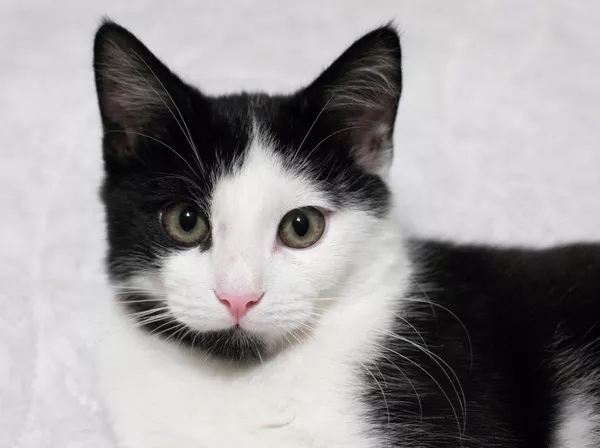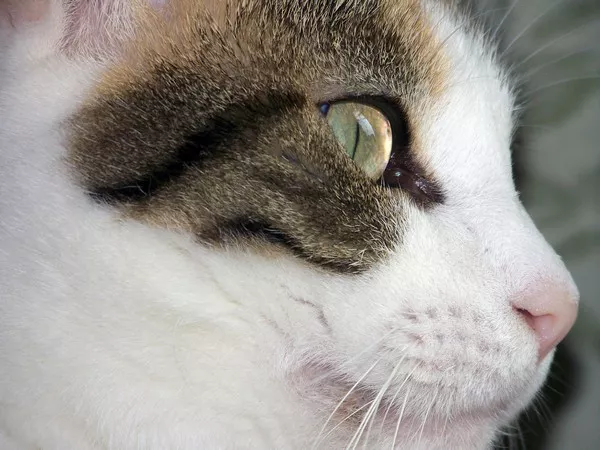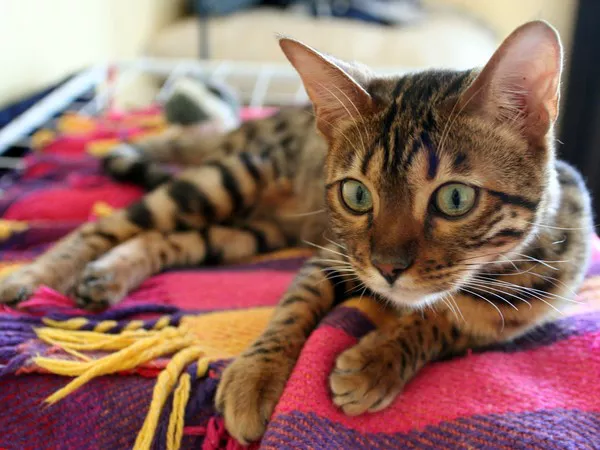Kittens are delightful bundles of energy and curiosity, but even these tiny felines can experience stress. As a responsible pet owner, it’s crucial to be able to identify the signs of stress in your kitten and take appropriate measures to alleviate their anxiety. In this comprehensive article, we’ll explore the various indicators of stress in kittens, the common causes, and effective strategies to help your furry friend cope.
Kitten Stress
Stress is a natural response to perceived threats or challenges, and kittens are no exception. While stress can be a normal reaction to new situations or experiences, prolonged or excessive stress can have negative impacts on a kitten’s physical and emotional well-being. It’s essential to recognize the signs of stress early on and address the underlying causes to ensure your kitten’s overall health and happiness.
Physical Signs of Stress in Kittens
One of the most obvious signs of stress in kittens is changes in their physical appearance and behavior. Keep an eye out for the following physical indicators:
1. Excessive grooming: Kittens may engage in excessive licking or grooming, often resulting in bald spots or irritated skin.
2. Decreased appetite: A stressed kitten may lose interest in their food or refuse to eat altogether.
3. Digestive issues: Stress can lead to diarrhea, vomiting, or constipation in kittens.
4. Lethargy: A stressed kitten may appear lethargic, sleeping more than usual or showing little interest in playtime.
5. Trembling: Stressed kittens may tremble or shake, especially when exposed to stressful situations or environments.
6. Dilated pupils: Stress can cause a kitten’s pupils to dilate, making their eyes appear larger than normal.
Behavioral Signs of Stress in Kittens
In addition to physical signs, stressed kittens may exhibit changes in their behavior. Be on the lookout for the following behavioral indicators:
1. Hiding: A stressed kitten may hide more frequently, seeking out small spaces or dark areas to retreat to.
2. Aggression: Stress can trigger aggressive behaviors in kittens, such as hissing, growling, or even biting.
3. Vocalization: Stressed kittens may meow or cry excessively, often sounding distressed or anxious.
4. Litter box avoidance: A stressed kitten may start urinating or defecating outside their litter box, even if they were previously well-trained.
5. Destructive behavior: Stress can lead to an increase in destructive behaviors, such as scratching furniture or chewing on household items.
6. Decreased play: A stressed kitten may show less interest in playing with toys or engaging in interactive games.
See Also: How Do You Teach A Cat No?
Common Causes of Stress in Kittens
Kittens can experience stress due to various factors, both environmental and social. Understanding the potential causes of stress can help you identify and address the underlying issues. Some common causes of stress in kittens include:
1. Changes in environment: Moving to a new home, rearranging furniture, or introducing new people or pets can be stressful for a kitten.
2. Lack of socialization: Kittens that don’t receive proper socialization during their critical developmental stages may struggle with stress when exposed to new situations or individuals.
3. Illness or pain: Underlying health issues, such as infections or injuries, can cause stress and discomfort in kittens.
4. Separation anxiety: Kittens that are left alone for extended periods may develop separation anxiety, leading to stress and distress.
5. Overstimulation: Loud noises, bright lights, or excessive handling can overwhelm a kitten’s senses and trigger a stress response.
6. Lack of resources: Insufficient access to food, water, litter boxes, or scratching posts can contribute to a kitten’s stress levels.
Strategies for Reducing Stress in Kittens
Fortunately, there are several strategies you can implement to help reduce stress in your kitten and promote a calm, happy environment. Here are some effective techniques:
1. Create a safe, comfortable environment: Provide your kitten with a quiet, secure space where they can retreat when feeling overwhelmed. Ensure their basic needs, such as food, water, and litter boxes, are easily accessible and in a low-traffic area.
2. Introduce changes gradually: If you need to make changes to your kitten’s environment or routine, do so gradually to minimize stress. Slowly introduce new people, pets, or objects, allowing your kitten to acclimate at their own pace.
3. Engage in positive reinforcement training: Positive reinforcement training can help build your kitten’s confidence and reduce stress. Use treats, praise, and interactive toys to reward calm, desirable behaviors.
4. Provide environmental enrichment: Offer your kitten plenty of opportunities for play, exploration, and mental stimulation. Rotate toys to maintain their interest and provide vertical scratching posts or cat trees to satisfy their natural scratching instincts.
5. Consider pheromone therapy: Synthetic pheromone products, such as diffusers or sprays, can help calm and soothe stressed kittens. These products mimic the natural pheromones released by mother cats to comfort their kittens.
6. Consult with a veterinarian: If your kitten’s stress persists or seems severe, consult with your veterinarian. They can rule out any underlying health issues and provide guidance on stress management strategies or medication if necessary.
Conclusion
Recognizing and addressing stress in kittens is crucial for their overall well-being. By understanding the signs of stress, identifying the potential causes, and implementing effective coping strategies, you can help your kitten navigate stressful situations with confidence and ease. Remember, every kitten is unique, so be patient, observant, and willing to adjust your approach as needed. With time, love, and proper care, your kitten will grow into a happy, well-adjusted cat.
Related Topics




















